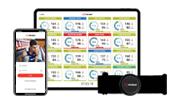
The season of the world’s fastest sport on skates went as quickly as the riders on the track, but the speedy competitors have already got their hands full preparing for the start of next season. We chatted with Mirko Lahti, the recently crowned 20-year-old Junior World Championship. The championships were Mirko’s fourth junior event win this year, and he also managed to make a name for himself earlier in the season, when skating his way to a top-8 of the men’s tour event held in his native Finland.
Congratulations, Mirko Lahti! The Finals sure were exciting, eh? “It certainly was a tight competition, but I made it and the feelings are great! The track was awesome and the whole place was also really cool so I enjoyed my stay there.”
In Ottawa, during the Ice Cross World Championships, Mirko was able to see the physiological impact of his championship performance had on his body. Under his black and white racing jersey, he was wearing a high-definition heartbeat monitor from Firstbeat that recorded each beat along the way, as he raced to hoist the championship trophy. Analysis was then performed that examined how each heartbeat had changed from the previous one. The results gave Mirko a chance to look back and understand his performance from a new perspective.
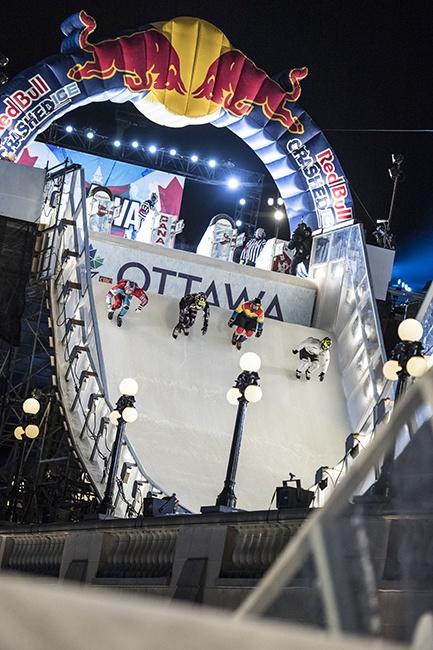
Photo: Joerg Mitter / Red Bull Content Pool
It came as no surprise that the winning effort was substantial. Mirko topped the training load scale by registering a Training Effect of 5.0, well beyond what athletes target during training. When it comes to racing, there’s no point in holding anything back. The analysis also revealed the need for a healthy dose of recovery to counterbalance such a major effort. Luckily for Mirko, the off-season is the perfect time to rest up.
Mirko managed to skate his way to victory even though he got injured by falling on his back after a four-meter drop during Marseille’s practices in January. “I learned a lot from this season and gained tons of valuable experience. I also understand my own tactics better and how to search for new lines on the track. After the busy schedule and lots of travelling, I feel a bit tired, but also relaxed.”
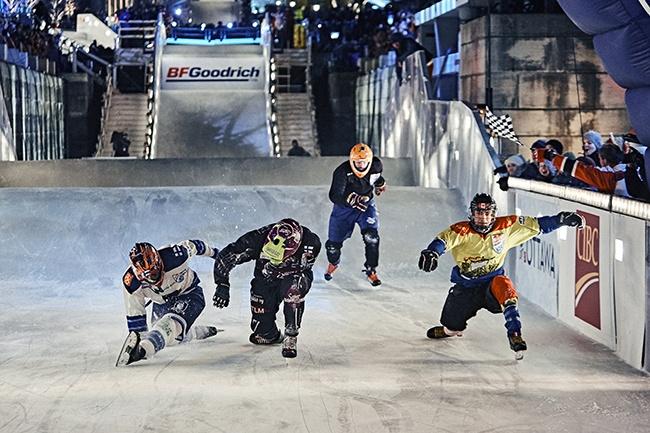
Mirko Lahti crossing the finish line at the final. Photo: Balazs Gardi / Red Bull Content Pool
According to Firstbeat’s wellness specialist Jaakko Kotisaari, both Mirko’s performance and recovery in Ottawa were like Gillette razors; the best a man can get. “Mirko has a particularly important quality for an athlete. When he’s on the go, he goes full speed and when it’s time to rest, he somehow manages to recover very efficiently. A clear indicator of Mirko’s recovery skills is the fact that his resting heart rate reached a new record low the night before the finals,” Kotisaari describes.
For the upcoming season, Mirko has anything but low expectations: “I want to be as fit as possible so that I’m able to train intensively during off-season. My goal for the next Red Bull Crashed Ice is to defend my Junior Championship and be in the men’s finals, as well.”
Header photo: Joerg Mitter / Red Bull Content Pool
Give your team the Firstbeat Sports competitive advantage.
Contact us for more information or get a quote.
You might also be interested in
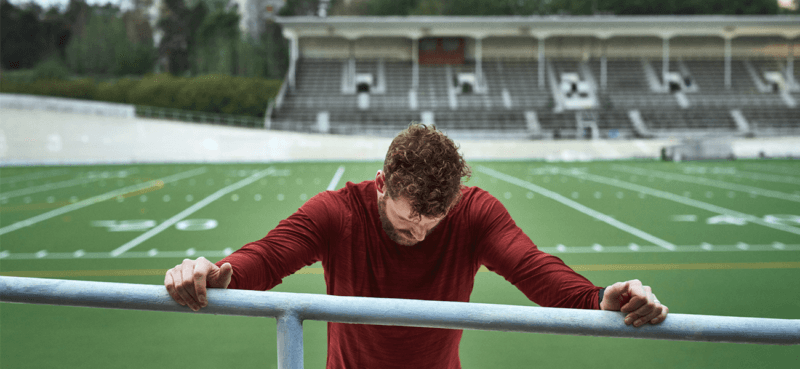
3 Types of Psychological Stress Affecting Athletes In-season
What exactly are these stressors and how can coaches and athletes identify them in order to adjust and, ultimately, limit the negative impact they can have?
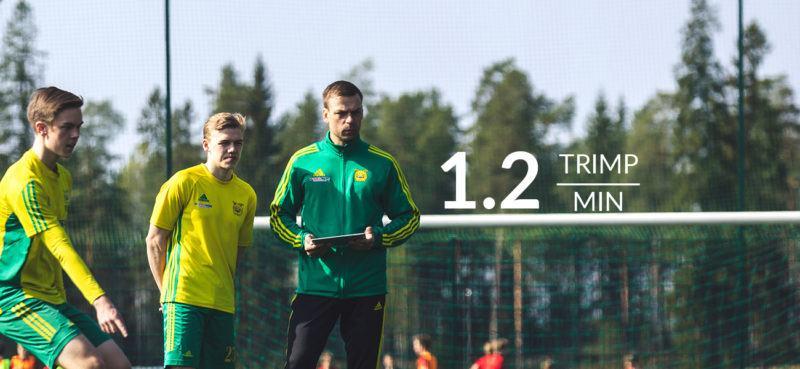
Real-time TRIMP/min: How to Use the Firstbeat Sports App Feature in Training
From replicating game intensity to aiding player rehab, monitoring TRIMP/min has wide-ranging benefits.
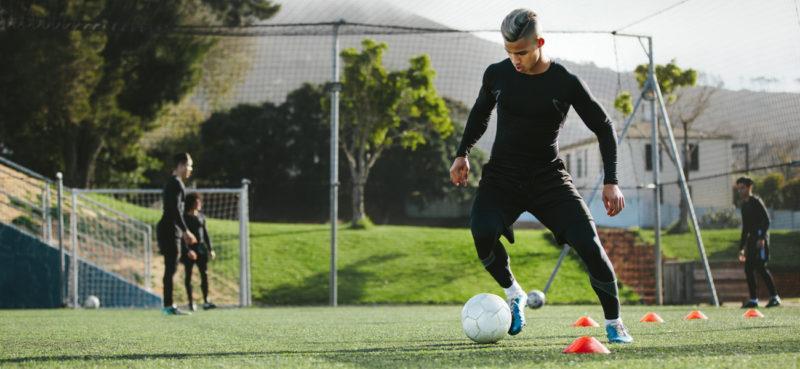
Why Monitor Internal Load in Elite Sports?
A look at the what, how and why of internal load monitoring and why it should form part of your training program.


